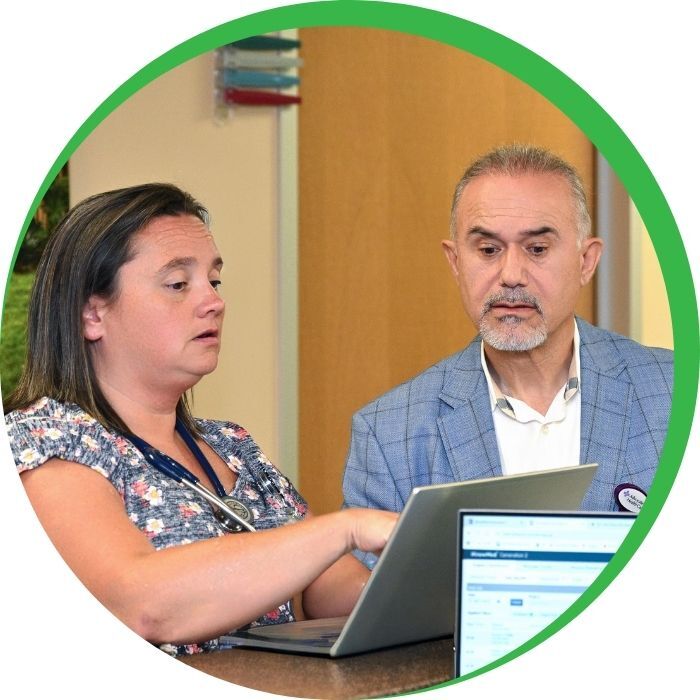Important Traffic Notice: Due to road construction on Southwest Highway directly in front of our office building, traffic may be heavier than usual. Please plan ahead and allow extra time to arrive safely. Thank you for your patience and understanding!
- For Patients
- Treatments & Services
- Physicians & Locations
- Cancer Types
- Request an Appointment
- Blog
- Patient Portal
- Pay My Bill
- About Us
- Refer a Patient






